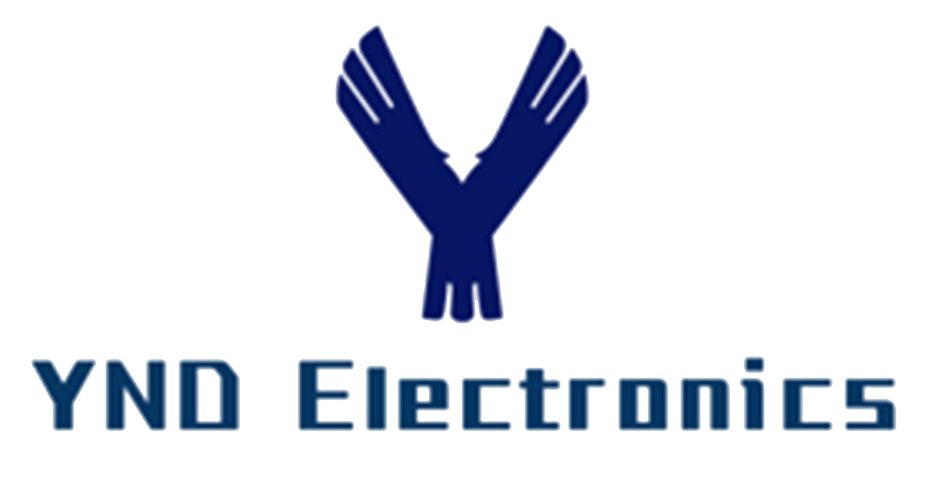According to foreign media reports, eight Japanese companies, including Toyota and Sony, will cooperate with the Japanese government to form a new company. The new company will produce next-generation semiconductors for supercomputers and artificial intelligence in Japan. It is reported that Japanese Minister of Economy, Trade and Industry Minoru Nishimura will announce the matter on the 11th, and is expected to officially begin operations in the late 1920s.
Toyota supplier Denso, Nippon Telegraph and Telephone NTT, NEC, Armor Man and SoftBank have now all confirmed that they will invest in the new company, all for 1 billion yen (about 50.53 million yuan).
Tetsuro Higashi, former president of chip equipment manufacturer Tokyo Electron, will lead the establishment of the new company, and Mitsubishi UFJ Bank will also participate in the formation of the new company. In addition, the company is seeking investments and further cooperation with other companies.
The new company has been named Rapidus, a Latin word that means ‘fast’. Some outside sources believe that the name of the new company is related to the intense competition among major economies in areas such as artificial intelligence and quantum computing, and that the new name implies an expectation of rapid growth.
On the product side, Rapidus is focusing on logic semiconductors for computing and has announced that it is targeting processes beyond 2 nanometers. Once launched, it may compete with other products in smartphones, data centers, communications, and autonomous driving.
Japan was once a pioneer in semiconductor manufacturing, but now it lags far behind its competitors. Tokyo sees this as a national security issue and an urgent one for Japanese manufacturers, especially auto companies, which are relying more on car computing chips as applications such as autonomous driving become more heavily used in cars.
Analysts say the global chip shortage is likely to continue until close to 2030, as different industries start applying and competing in the semiconductor sector.
“Chips” comments
Toyota designed and manufactured MCUs and other chips on its own for three decades until 2019, when it transferred its chip manufacturing plant to Japan’s Denso to consolidate the supplier’s business.
The chips that are most in short supply are microcontroller units (MCU) that control a range of functions, including braking, acceleration, steering, ignition and combustion, tire pressure gauges and rain sensors. However, after the 2011 earthquake in Japan, Toyota changed the way it procured MCUS and other microchips.
In the wake of the quake, Toyota expects purchases of more than 1,200 parts and materials to be affected and has drawn up a priority list of 500 items it needs to secure future supplies, including semiconductors made by Renesas Electronics Co., a major Japanese chip supplier.
It can be seen that Toyota has been in the semiconductor industry for a long time, and in the future, under the impact of Toyota and its partners on the shortage of cores in the automotive industry, in addition to trying their best to meet the supply of their own on-board chips, manufacturers in the industry and consumers who are constantly affected by the lack of cores and reduce the allocation of vehicles are also concerned about whether Toyota can become a dark horse for industry chip suppliers.
Post time: Nov-18-2022





